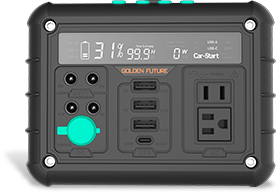

Time:2024-12-28 Views:1

Lithium cobalt oxide (LiCoO₂) batteries are widely used in various electronic devices due to their high energy density and excellent performance. as the consumption of these batteries continues to increase, the issue of recycling and utilization becomes crucial.
One of the main methods of recycling LiCoO₂ batteries is through hydrometallurgical processes. In this method, the spent batteries are first disassembled to separate the different components such as the cathode, anode, separator, and electrolyte. The cathode material, which contains valuable metals like cobalt, lithium, and nickel, is then treated with chemical solutions to extract these metals. For example, sulfuric acid is often used to dissolve the cathode material, and then various separation techniques such as precipitation, solvent extraction, and ion exchange are employed to recover the individual metals.
Another recycling method is pyrometallurgy. In this process, the spent batteries are heated to high temperatures in a furnace to melt the materials and separate the metals. The molten mixture can then be further processed to extract the valuable metals. pyrometallurgy can be energy-intensive and may produce emissions that need to be properly managed.
The recycled materials from LiCoO₂ batteries can be used in several ways. Cobalt and lithium can be reused in the production of new batteries, reducing the demand for virgin materials and minimizing the environmental impact of battery manufacturing. Additionally, the recovered metals can be used in other industries such as electronics, aerospace, and chemical manufacturing.
Recycling LiCoO₂ batteries also has environmental benefits. It helps to reduce waste disposal problems and prevents the release of harmful substances into the environment. Moreover, by recycling these batteries, we can conserve natural resources and reduce the energy consumption associated with the extraction and processing of virgin materials.
there are still challenges in the recycling of LiCoO₂ batteries. The complexity of battery designs and the presence of different materials make the disassembly and separation processes difficult. Additionally, the cost of recycling can be high, and there is a need for efficient and cost-effective recycling technologies.
Read recommendations: